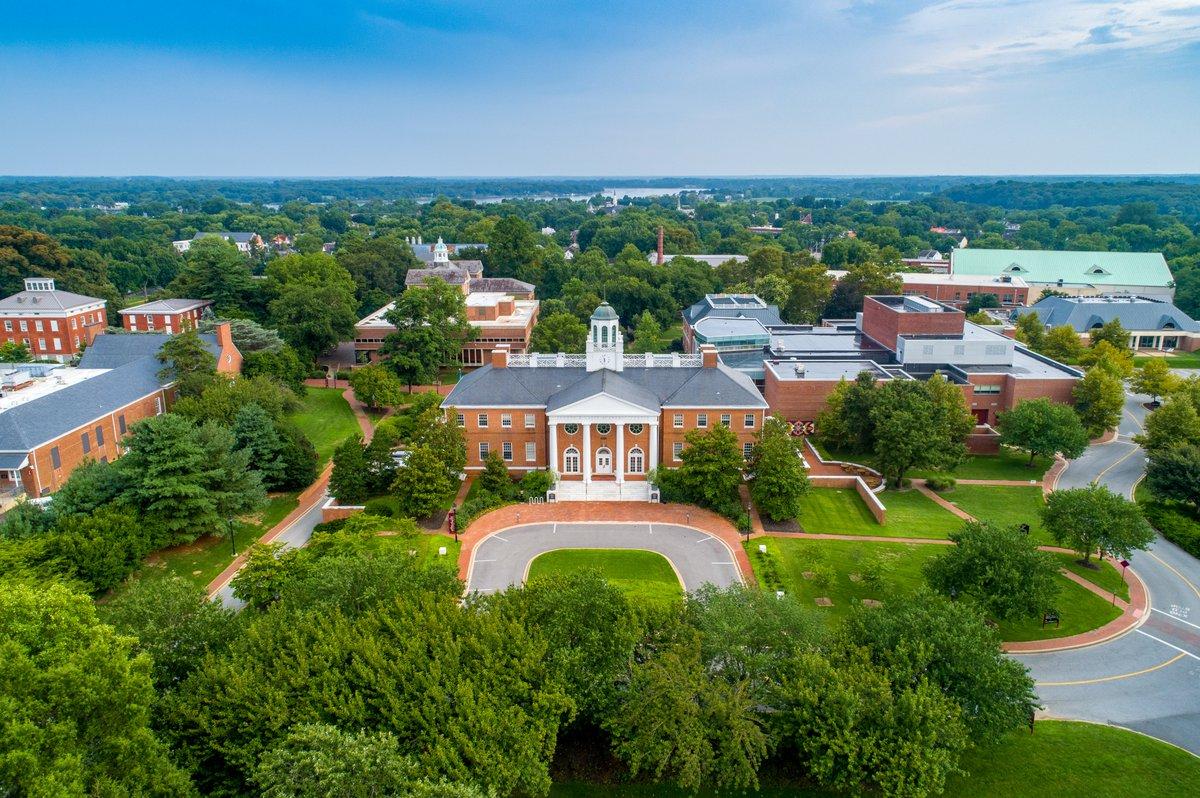Washington College has experienced a period of financial stress for some time, due to parallel declines in enrollment, revenue per student and total revenue. The impact of the Covid-19 pandemic on college operations in 2020 has added urgency to addressing these long-term challenges.
As such, the Board of Visitors and Governors (BVG) charged the College with making significant reductions in expenditures on the academic side to address structural deficits. Clearly no one relishes being charged with such a mandate. However, given the circumstances, we have a responsibility to identify the appropriate reductions in services, with a focus on those that do not affect the student experience, but instead positively position us for strategic growth on the other side.
A number of fiscal reductions have already been enacted to help the college reshape its structural budget, including furloughs, RIF’s, the elimination of staff positions, senior staff salary reductions, benefits reductions and other smaller items. But additional actions were still required in order to bring the budget into balance.
Therefore, members of the senior administrative team have met regularly, worked with faculty representatives, received input from many faculty members, communicated regularly with the leadership of the BVG, reviewed governing and personnel documents, and consulted with legal counsel to weigh various options and arrive at a decision as to what those cuts will be.
These reductions have been unanimously endorsed by the Executive Committee of the Board of Visitors and Governors. The plan has been formally announced to the Washington College faculty and staff and is effective immediately. The entirety of the reductions will take two years, but these actions do permanently resolve the current structural deficit, and position the College for long-term fiscal health, normal operations, and growth.
Ignoring our general financial stress – particularly in light of the extra pressure created by a national health crisis – simply will not make it go away. Hope is not a plan, but taking thoughtful steps to navigate through this and re-evaluating all facets of our services is. We are confident that these are the right decisions – however painful – at the right time.
We have every reason to remain optimistic about the future of our beloved institution, but the way forward requires that we confront our present reality, embrace the opportunity to reimagine our offerings and begin to rebuild in such a way that guarantees that we can continue to provide the finest liberal arts experience possible for generations to come.



Write a Letter to the Editor on this Article
We encourage readers to offer their point of view on this article by submitting the following form. Editing is sometimes necessary and is done at the discretion of the editorial staff.